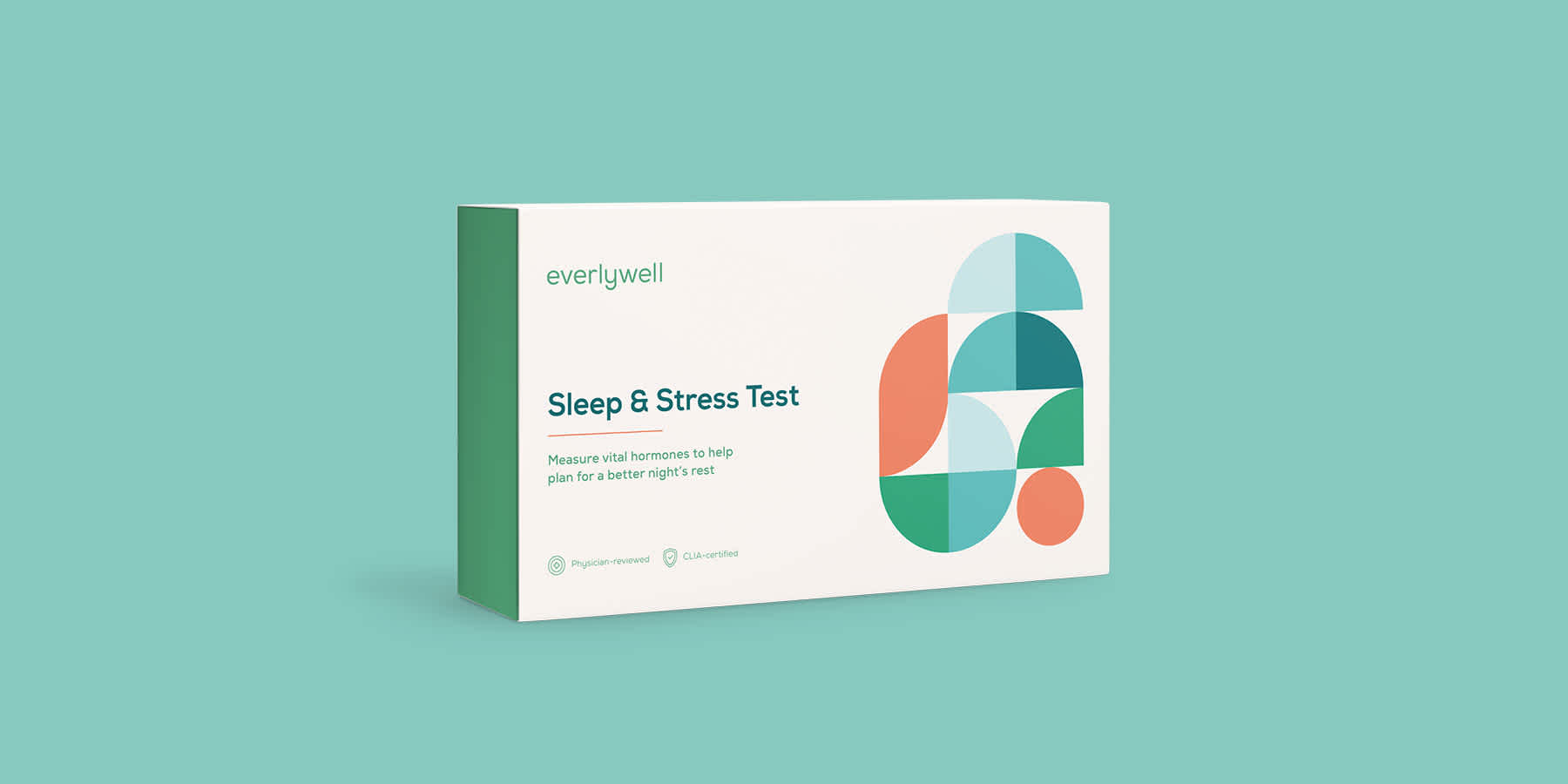
Cortisol vs. adrenaline: what are the differences?
Medically reviewed on January 7, 2022 by Jordan Stachel, M.S., RDN, CPT. To give you technically accurate, evidence-based information, content published on the Everlywell blog is reviewed by credentialed professionals with expertise in medical and bioscience fields.
From sexual development to emotional regulation, each bodily hormone performs a different function that the body needs [1]. Two of those hormones include cortisol and adrenaline.
In this article, we’ll be discussing cortisol vs adrenaline, how these hormones are related, and how they can affect the human body—as well as whether you should consider a cortisol test to keep track of your cortisol levels.
What Is Cortisol?
Cortisol is the primary hormone released in response to stress. Specifically, cortisol is a steroidal hormone produced in the adrenal glands’ cortex. Cortisol is designed to trigger the fight-or-flight response, a natural, instinctive response to stressful situations that is meant to help you survive. Quite literally, the stress response prepares your body to either fight or to run away [2].
This is a necessary chemical reaction, as the body needs a stress response when you are in any physical danger. Nearly every cell in the body has receptors for cortisol. When in contact with a stressor, the chemical works by shutting down what isn’t necessary to your immediate survival, like increasing your heart rate and blood pressure, altering your immune system, and suppressing your digestion, contributing to high stress levels. Understandably, problems can arise when you experience ongoing, chronic stress that causes a constant feeling of being under attack, unlike acute stress [3].
Outside of the stress response, cortisol has a variety of other effects, including:
- Acting as an anti-inflammatory agent
- Regulating your metabolism and blood sugar levels
- Controlling salt and water balance
- Supporting a developing fetus [3]
What Is Adrenaline?
Adrenaline, also known as epinephrine, is a stress hormone produced in the medulla of the adrenal glands, though some small part of it is also produced in the neurons of the central nervous system [4]. Much like cortisol, adrenaline is involved with the body’s fight-or-flight response.
During a stressful situation, adrenaline floods your body within minutes. Air passages dilate, redirecting more oxygen to the muscles to help you fight or run—blood vessels contract to send blood to the heart, lungs, and other major muscle groups. High adrenaline levels can also affect your metabolism and immune system. Your strength and physical performance get a substantial boost. Adrenaline even dulls your body’s pain receptors, allowing you to run or fight even when injured. Even after the stressful moment has subsided, adrenaline’s effects can linger for up to an hour [4].
How Are Cortisol and Adrenaline Related?
Along with being produced in the adrenal glands, both cortisol and adrenaline play fundamental roles in your body’s stress response. While this might seem bad, normal amounts of the two hormones are necessary to your basic survival, and in most cases, the two hormones are beneficial to your overall health and well-being [2].
Chronic health problems come from chronic stress. Typically, cortisol and adrenaline levels diminish once a stressful moment passes, your blood pressure and heart rate return to baseline levels, and your system returns to normal. Chronic stress introduces constant high cortisol and adrenaline levels into your system. This can disrupt basic processes throughout your body and increase your risk of health problems, including heart disease, stroke, and diabetes [2]. Chronic stress is known to contribute to:
- Depression and anxiety
- Digestive problems
- Muscle tension
- Headaches
- Problems with memory, concentration, and cognition
- Sleep problems [2]
Cortisol and adrenaline are closely linked, and they play an intrinsic role in your overall health. Managing stress and learning how to reduce stress hormones, by keeping cortisol and adrenaline levels down is essential to maintaining a healthy quality of life. Also learn how to sleep with anxiety which is associated with higher cortisol levels, and how to create and maintain a sleep routine.
References
1. What is the Endocrine System? Environmental Protection Agency. URL. Accessed January 7, 2022.
2. Chronic stress puts your health at risk. Mayo Clinic. URL. Accessed January 7, 2022.
3. Cortisol. Society for Endocrinology. URL. Accessed January 7, 2022.
4. Adrenal Hormones. Endocrine Society. URL. Accessed January 7, 2022.
